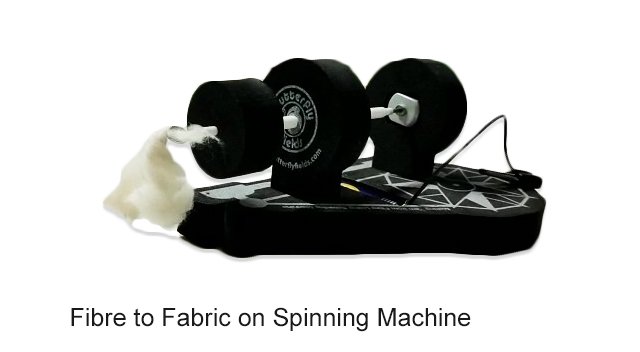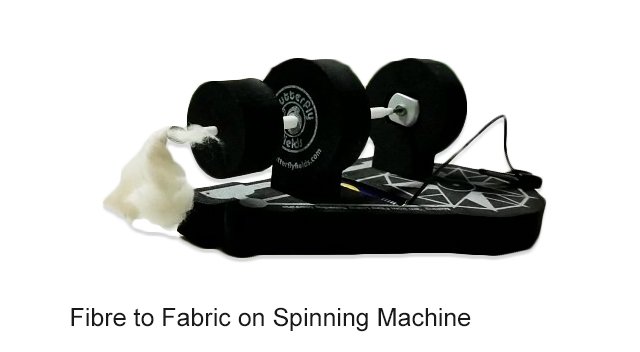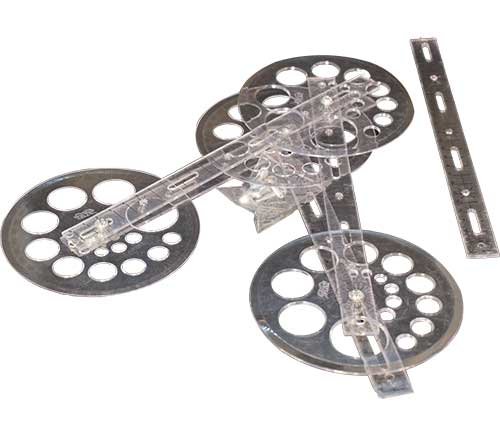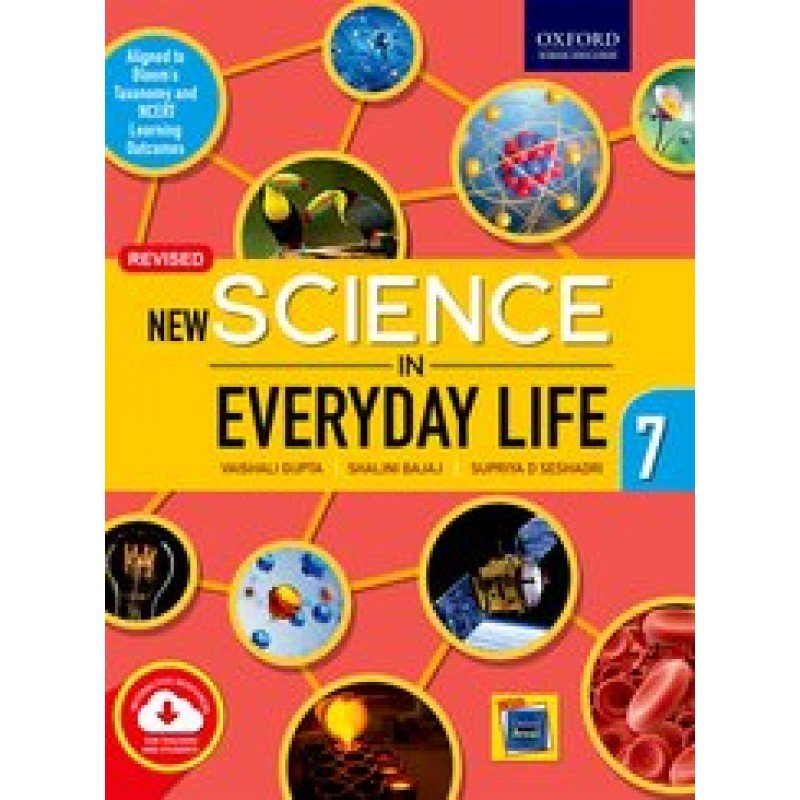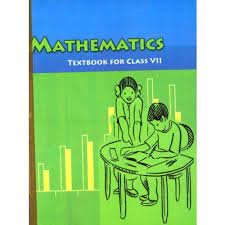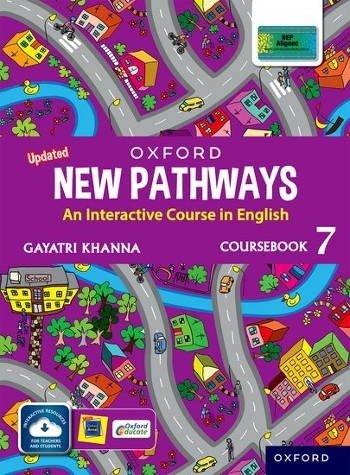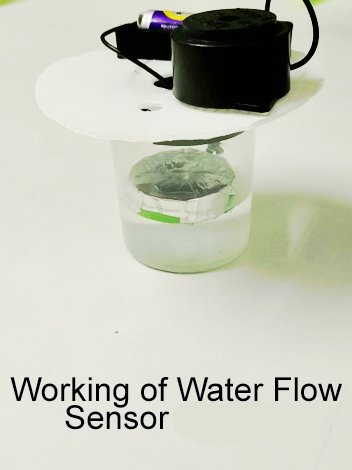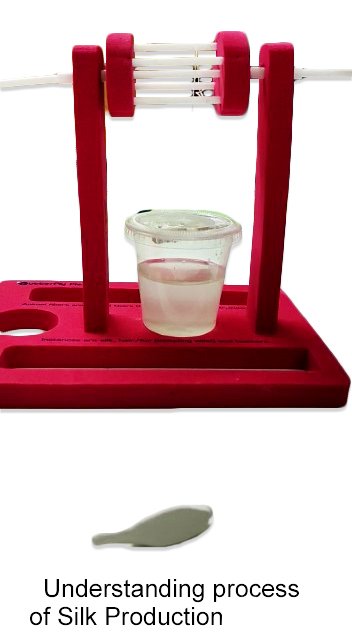Currently Empty: ₹0.00
Class 7 (6 Month Subscription)
₹31,930.00 – ₹95,790.00
https://www.youtube.com/watch?v=t5HgUwbA9TA
Class 7 (6 Month Subscription) includes the following:-
LIVE ONLINE CLASSES
- Four days in a week
- Batch: 6 to 9 students
METHODS & TECHNIQUES
- Discover concepts while doing activities
- Project work after the class
- Learning with everyday materials as follow-up assignment
SCIENCE PRODUCTS
- Heat-Modes of Transfer
- Acids, Bases & Salts: Physical & Chemical Change
- Science in Everyday Life- Integrated Science Textbook by Oxford University Press
MATH PRODUCTS
- Multiplication and Division of Fraction on the Cuisenaire strip
- Multiplication and division and regrouping decimal numbers on Base 10 Block
- Understands Algebraic expression and its terms on Algebraic Tiles
- Discovers congruence of triangle and line segment on Angle Formation Kit
- NCERT Math Textbook
ENGLISH
- English Coursebook with digital library of Oxford University Press
- English Literature of Oxford University Press
SOCIAL SCIENCE
DIY India Map Puzzle
Integrated Course of Social Science with 3 textbooks:
- Our Environment
- Social & Political Life
- Our Pasts
CUSTOMER CARE SUPPORT
- Coordination btw parent and faculty for online classes.
- Coordination with Parent and assessment department.
- Conducting webinars on mental, physical and socio emotional development of your child.
- Resolving doubts in doing activities, playing games and follow up assignment.
https://www.youtube.com/watch?v=t5HgUwbA9TA
Class 7 (6 Month Subscription) is inspired by works of founders of experiential learning approach like John Dewey, Kurt Lewin and Jean Piaget. However, our methodology is very similar to David Kolb’s four-stage model of experiential learning. It is argued that our methodology is practical application of this approach in teaching school curriculum.
CONCEIVED BY
Following two educators of Indian origin has contributed significantly in the conception of this idea:
- P.K. Srinivasan – Fulbright Exchange teacher in USA. Later became Director Emeritus, Ramanujan Museum and Math Education Center (Chenni, India)
- M. Hyacintha A.C – Director, Carmel Teacher Center, Hazaribagh, India
RECOGNISED BY
- Invisible design of the products has been awarded by National institute of design (NID), Ahmedabad, India.
- J-PAL, a research center at Massachusetts Institute of Technology (MIT), United States established that Vikalp shows substantial gain in learning outcomes.
- Vikalp has been featured twice in Outlook magazine for the impact it’s creating among students.
FINDINGS OF THIRD-PARTY ASSESSMENT
Conducted by FSG- international NGO based in Washington DC.
Students subscribing to Vikalp methodology scored 61% higher than control students not subscribing to this way of learning.
Conducted by Gray Matters – measures learning outcomes of children
- Average scale score of sample where conventional teaching is practiced – 88 out of 200
Average scale score after 1 year of implementation of Vikalp methodology – 105 out of 200
Conducted by Lean data study by Acumen – New York based assessment agency
- 80 % parents observed increase in their child’s score
- 83% parent observed improvement in interest in math, ability to grasp concepts, willingness to do homework independently.

